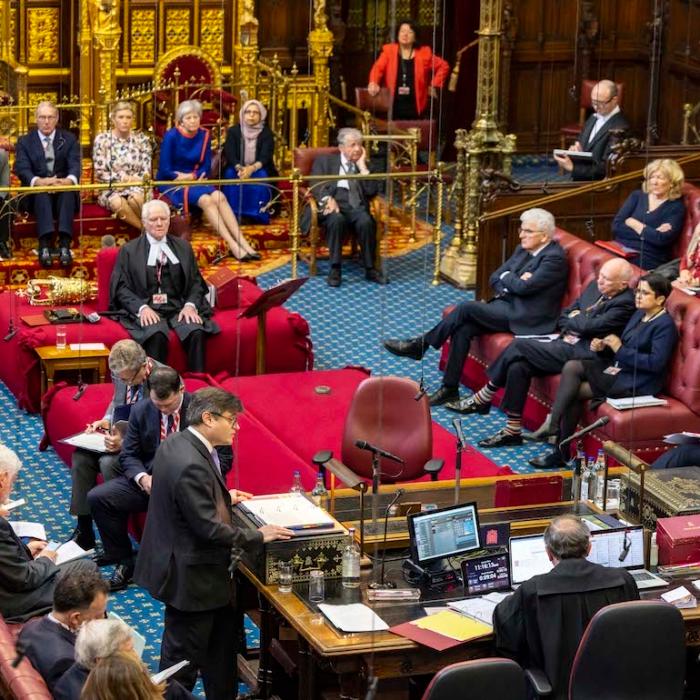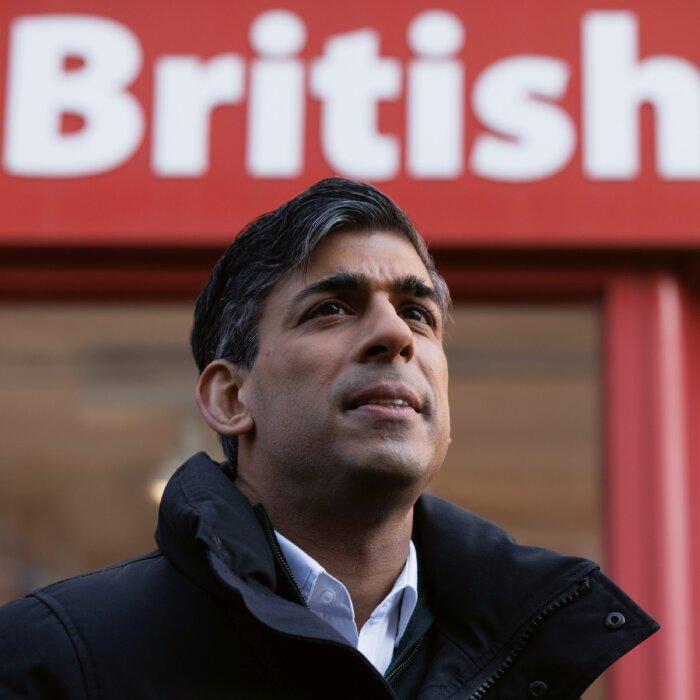Foreigners who don’t have the right to stay in the UK but can’t be deported to their home countries could be asked to move to Rwanda under a new scheme, the Home Office confirmed on Tuesday.
According to the outlet, the scheme will use the existing structure designed for small boat arrivals that hasn’t been used because the policy to relocate them is yet to overcome legal roadblocks.
It also claimed that the new scheme will use the existing voluntary returns system that includes an “assisted departure” mechanism that involves paying an eligible person up to £3,000 to help them resettle in their home country.
The Home Office did not confirm any potential payment, but said it is looking at voluntary relocations to Rwanda.
In a statement, a spokesperson said: “In the last year, 19,000 people were removed voluntarily from the UK and this is an important part of our efforts to tackle illegal migration.
“We are exploring voluntary relocations for those who have no right to be here, to Rwanda, who stand ready to accept people who wish to rebuild their lives and cannot stay in the UK.
“This is in addition to our Safety of Rwanda Bill and Treaty which, when passed, will ensure people who come to the UK illegally are removed to Rwanda.”
Shadow immigration minister Stephen Kinnock accused ministers of “resorting to paying people” to go to Rwanda upon realising their original deportation scheme “has no chance of succeeding.”
“We know from the treaty that capacity in Rwanda is very limited, so ministers should now explain what this new idea means for the scheme as it was originally conceived, and they should also make clear how many people they expect to send on this basis, and what the cost will be,” the Labour frontbencher said.
“There have been so many confused briefings around the Rwanda policy that the public will be forgiven for treating this latest wheeze with a degree of scepticism,” he added.
Other changes to the bill include an assurance that the UK must maintain “full compliance with domestic and international law,” and that Rwanda will only be considered safe if and when its treaty with the UK is “fully implemented and adhered to in practice.”
The changes will allow individuals to legally challenge their removal if they feel they have been wrongly labelled an adult. Another amendment would prevent the relocation of people who had previously supported British military overseas or been a modern slavery or human trafficking victim.
Prime Minister Rishi Sunak has previously warned against the “appointed” House of Lords frustrating “the will of the people” as expressed by the “elected” House of Commons.
The drastically changed bill has received an unopposed third reading on Tuesday and is set to enter the so-called ping-pong stage in which the two houses of Parliament will make final tweaks to the bill.
When the bill was last in the Commons it was criticised from both opposition parties, which oppose the Rwanda policy, and Tory rebels believe the bill is not tough enough to end what they call legal merry-go-rounds that frustrate deportation.







